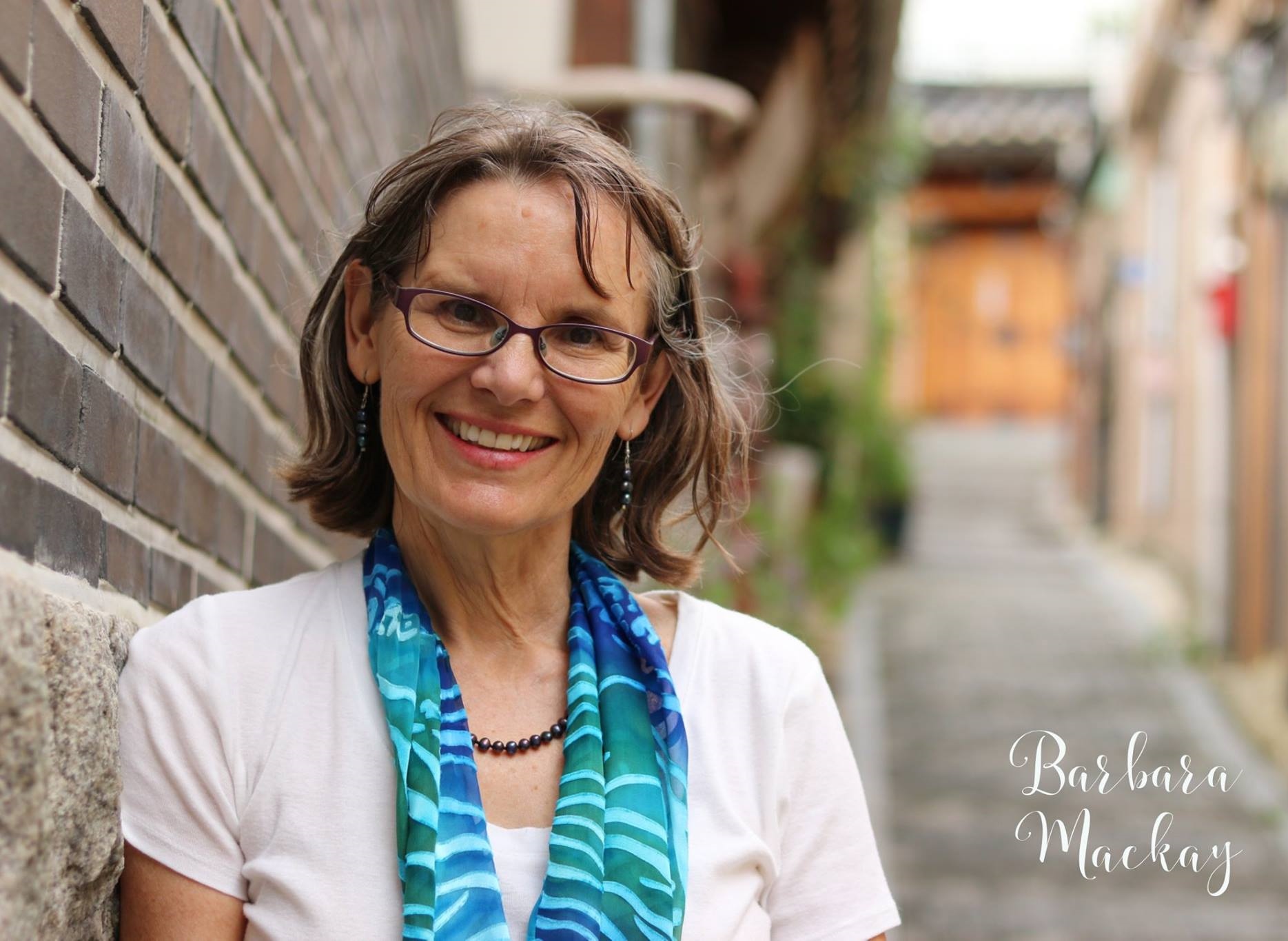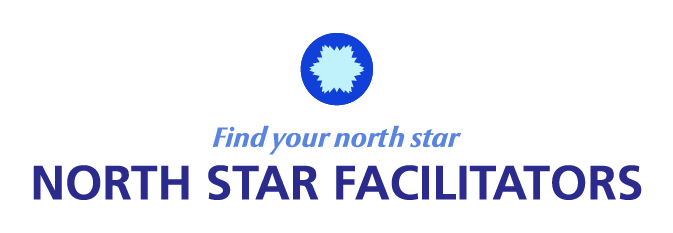Self-Reflection Using the ToP Focused Conversation Method (ORID)

Many of you have been working with the Focused Conversation method or ORID for short. The acronym ORID as you may recall stand for the four levels of thinking that a facilitator can use to help the group track together. By tracking, I mean creating a sense of flow, alignment and focus for a group of people discussing a topic. In past blogs we’ve talked about how to use it in many situations (e.g., discussing COVID-19) , but today let us show you how use for self-reflection.
Self-reflection is something that most of us don’t take regular intentional time to do. The end of the calendar year is a wonderful time to be intentional about self-reflection. There are many ways you can it. 1) You could ask yourself a series of questions and then answer them in writing. 2) You could have someone else ask you a series of questions and record your answers in some fashion. 3) You could ask yourself one question and let it sit, and notice what arises for hours after asking the question, i.e. keep bringing the question back to mind. And then when you’re ready, ask yourself a different but related question.
The ToP Focused Conversation is a great tool for these types of self reflection. The structure allows you to reflect at four levels moving from data to decision in a sequential manner.

For the last few weeks of 2021, I have been thinking a lot about how to approach a new life mission/project. Several of you have heard me speak about my passion for bringing forth the wisdom and voices of indigenous peoples and my lifelong interest in environmental/planetary healing and advocacy. Recently I’ve been thinking about how I might merge those two passions. Although it feels very audacious to consider a project this big at the point of retiring, it gives me great joy to keep giving back to the world. I just need to do it in a much more focused way. Both my time and planetary time seems to be shorter right now. Thus, I’m going to explore where I can be of greater service in uplifting indigenous leadership and solutions to the climate change action agenda. It might also mean I can use my collaboration and strategic thinking skills to find ways to merge world views on this topic for greater impact. Below I share my latest thinking with you using the ToP Focused Conversation in three stages. I know as I learn more this line of thinking might change dramatically.
The first exploratory ORID I might use with myself sounds like this…
I. Discovering and Gathering the Data

Objective (O)
- What is going on now with climate justice work?
- Which climate justice work or activism is being led by indigenous groups/leaders?
- Where in the world is this happening?
- What topics are indigenous groups covering?
Reflection (R)
- Which of these resources is drawing me in?
- What is intimidating about what I’ve discovered so far?
Interpretive (I)
- How might I go further with this discovery process?
- Who do I know that can help me better understand what is not written on websites and books?
Decisional (D)
- How long shall I give myself to be gathering data?
- How will I document and organize the data I am gathering?
- What might be a sign that it’s time to move on to the next stage of the project?
Imagine I have gone through this first phase of discovering the current state of how indigenous leadership and wisdom is now being applied to the climate change agenda. Now, I anticipate that I’ll have a second conversation with myself to narrow down where I can be of most service and contribution.
II. Refining my Efforts – Going from Divergence to Convergence

Objective (O)
- How many resources have I discovered?
- Which ones have the most information and appear to be well launched efforts?
- Which ones appear at first glance unique?
Reflective (R)
- What stories am I telling myself about the data so far?
- How well is my documentation system working – at the gut level?
- What images are arising from the data?
- Who would I love to work with on this? What might a great team look like?
Interpretative (I)
- Why am I spending time on this project again?
- Where do I think I will be able to make any impact?
- How will I know if i am making impact? (possible evaluation measures)
- How might I keep hopeful and joyful throughout this process?
- What might I do when I am discouraged or “hitting a wall”?
Decisional (D)
- How much time (e.g., hours per week) do I want to spend on this project in the next 6 -12 months?
- What days or times of day would be good to work on this?
- Who shall I call first?
- What will be my words of introduction that might encourage others to want to work with me?
This second conversation has the purpose of doing the initial sorting process. The next or third conversation is where I discern the “jewel” – what I’m most excited about, and who might most benefit from my attention and experience.
III. Distilling the Essence of my Preferred Pathway

Objective (O)
- What have I done so far?
- Whom have I talked with?
- What other resources/topics have I not looked at yet?
Reflective (R)
- What has been surprising so far?
- Where do I sense wonder, awe and amazement?
- What is a struggle?
- What does my gut tell me about if this is a worthy use of my time and energy?
Interpretative (I)
- Where am I sensing there is a place for me?
- What does it look, sound and feel like?
- Where might I best use this new awareness, knowledge and connections for the next few years?
- How can I do it in a way that is sustainable for me?
Decisional (D)
- What am I making a commitment to now?
- If I were to give this commitment the name of a movie, title of a poem or song, what would I call it?
- What is the action plan or 5-10 steps i might take to launch this effort?
By the way, the three plant photos used above, are from my recent meditation retreat in Costa Rica!
——————————————–
This third conversation is what I might call the final mega decisional level for at least the short term. I may literally go through these same three conversations again at the end of a certain phase of work and service. Or, I might need to create brand new conversations. Wherever I go on this journey, I want to stay open. It may be obvious to me or others at this time that a whole new approach is needed. Regardless of where I end up in 6 months to one year, I anticipate both self-reflection and group reflection will be needed on a regular basis so that I/we maximize our efficiency, accomplishment, while delighting in the whole experience.
This is just one example of doing self-reflection using the Focused Conversation Method. The power of self-reflection is that it can be life affirming. It can change the direction of your life if you really take the time to pause and notice where you have been, how it has created meaning for you, and what you might like to be different. And then you can just begin again.
I want to bring your attention to a wonderful book related to this topic and creating a deep purpose or mission for yourself that’s been around for a while called, “The Courage to Lead” by Brian Stanfield. It was rewritten in 2012 and ICA Associates (Canada) now offers a virtual course to go through the 12 chapters of the book in a 12 week series. I have been participating as an apprentice facilitator for them for the last few months. It’s going to be offered again in the spring of 2022. I will also assist again as needed for that course. I highly recommend getting the book and/or attending of course. The timing is accessible to most places around the globe. I wish you well as you move into 2022 and I will keep you posted on my journey with this climate change initiative. I would deeply appreciate any resources you might know of that are a combination of climate change activism that honor and uplift the indigenous perspective of it.
In conclusion, I offer you a few quotes to help you deepen your commitment to self-reflection.
“We do not learn from experience… we learn from reflecting on experience.” ―
“Time spent in self-reflection is never wasted – it is an intimate date with yourself.”― Paul TP Wong
“We don’t see things as they are, we see them as we are.” – Anais Nin
“The purpose of our spiritual journey is not to replace the darkness with light, rather it’s to integrate and honor all the parts of ourselves… all of life’s energies.” – Deb Blum
Please share some of your own favorite resources about self-reflection.
Resources related to Self Reflection:
If this blog resonated with you, here are a few other blogs you might like:
Got 10 minutes? The Power of Reflection
The Sustainable Facilitator: Ensuring Planet-Friendly Work and Life
Clear Flowing Agendas – Designing Using Meta Methods
Finding Your Passion – Two Intuitive Tools to Launch Your Annual Plan
25 Self-Reflection Quotes to Help You Change & Grow, with Love– Healing Brave
The Courage to Lead By R. Brian Stanfield
Resources related to Indigenous Led Climate Change Action:
(Thanks to Ashley Nunes for this) Xiye Bastida is a young indigenous activist. Here is a 3-minute video narrated by her. It’s about the power of imagination and possibility: https://www.youtube.com/watch?v=GBeU6UZyPjY
(Thanks to Stacy Williams for this) From the Cultural Survival Quarterly (CSQ) – Strengthening Our Ancestral Community Across the Seas | Cultural Survival
Sponsor our next CSQ focused on Indigenous Solutions to Climate Change!
Past sponsors have included The CS Fund, The Agroecology Fund, Native Conservancy, Unitarian Universalist Service Committee, among others. Email us at culturalsurvival@cs.org.



